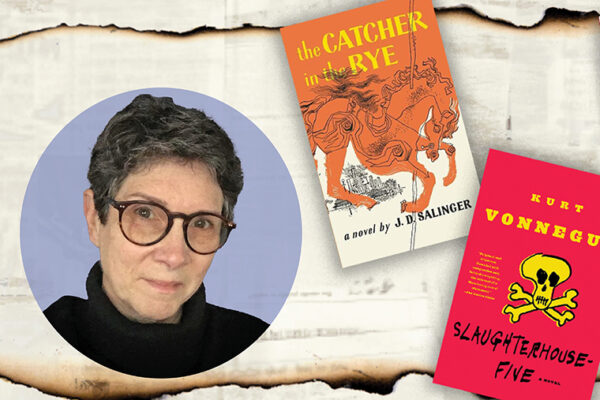A proposed rule by Missouri Secretary of State Jay Ashcroft would restrict what materials public libraries could acquire, allow parents to challenge libraries’ age designation of material and prevent public libraries from loaning to anyone under the age of 18 “any material in any form not approved by the minor’s parents or guardians.”
Libraries that violate the rule would lose their state funding.
“The rule would make Missourians less free and less informed,” said Greg Magarian, the Thomas and Karole Green Professor at the School of Law at Washington University in St. Louis and a noted expert on the First Amendment.
“It is unconstitutionally vague and overbroad,” he said. “And, it not only violates library patrons’ First Amendment rights to freely access information, but it also violates authors’ First Amendment rights to have libraries consider their work for purchase.”

Public comment on the proposal ended Dec. 15. If approved, the rule could take effect as early as March.
Magarian submitted official comment to the secretary of state’s office voicing his objection to the rule.
“The rule would substitute the fiat of bureaucrats subject to political pressure for the judgment of apolitical, well-trained library professionals,” he wrote. “It would let the government censor disfavored ideas while imposing the government’s preferred ideology on Missourians.
“If adopted, the rule certainly would face a First Amendment legal challenge, and I believe such a challenge would succeed. Adopting the rule would therefore waste state taxpayers’ money and state lawyers’ time.”
In his comment, Magarian argued the rule would empower the government to censor speech and undermine parents’ authority to decide how to raise their children. He also criticized the rule for being vague and too broadly written.
“It is highly unfortunate that the Missouri government chose to promulgate such an important proposed rule without conducting any public hearing,” Magarian wrote. “That choice is also highly ironic, in light of the rule’s own emphasis on public transparency in library operations.
“Public transparency is even more essential when the state is making rules to govern its constituents’ lives. A public hearing might have exposed some of the rule’s many constitutional failings.”


